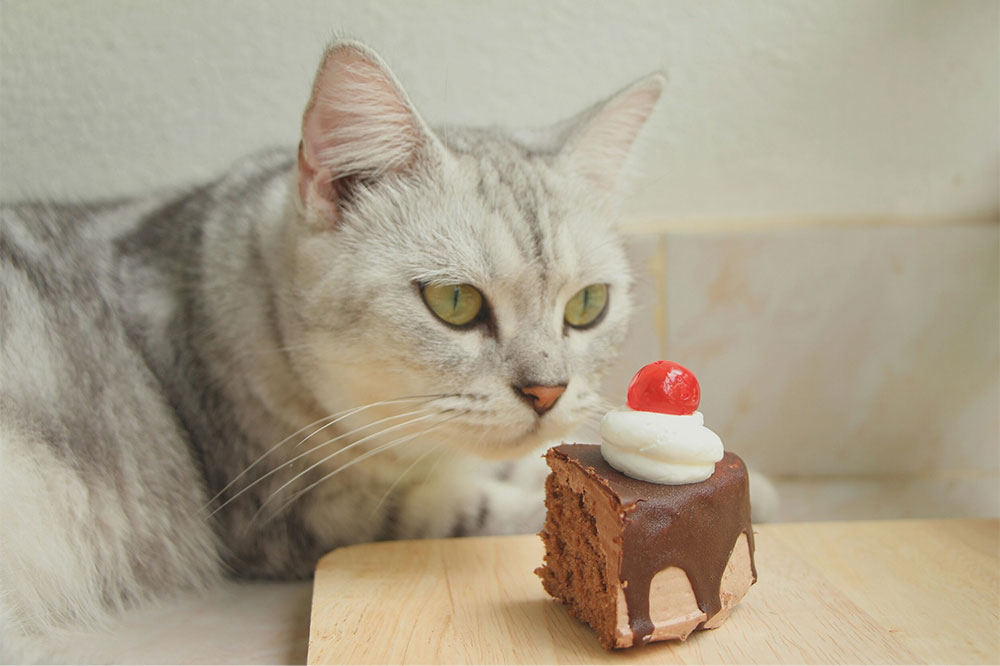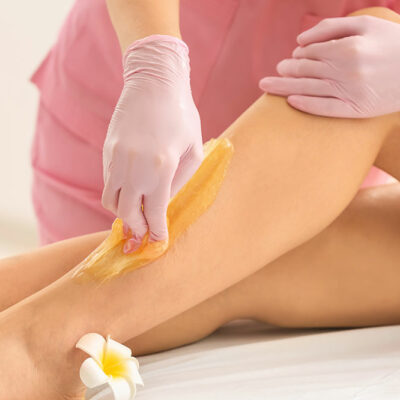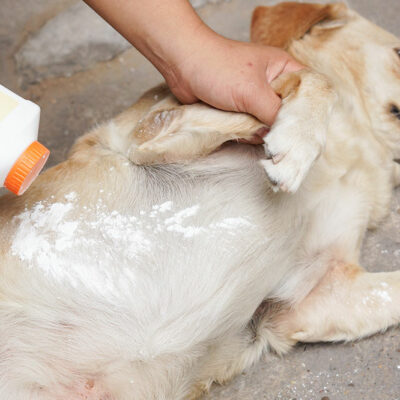
Human Foods That Are Harmful for Cats
Cats need specific nutrients in their daily meals. But sometimes pet parents feed them small morsels of their food without realizing that doing so may be harmful to their health. Consuming “extras” is a bad habit in pets and can eventually kill their appetite. Also, many types of human foods are toxic for them. To maintain their health, avoid feeding your cats these foods:
1. Onions and garlic
Onions, leeks, garlic, shallots, chives, and scallions can cause your cat to have an upset stomach. This is because these vegetables contain n-propyl disulfide, a substance that destroys red blood cells. This can lead to anemia and gastrointestinal irritation as well.
2. Caffeine-rich foods
Chocolate, coffee, and other caffeine-rich foods are full of methylxanthine and can be toxic for cats as well as dogs. It can result in serious complications, such as vomiting, diarrhea, muscle tremors, an abnormal body temperature, irregular heartbeats, abdominal pain, seizures, and even death.
3. Citrus fruits
Lemon, limes, oranges, grapefruit, and other citrus fruits can be toxic for cats, as they contain citric acid. Consuming a small amount may lead to minor digestive problems, but ingesting them in large quantities may cause damage to the central nervous system, diarrhea, and vomiting.
4. Raw eggs and uncooked meat
E. Coli, salmonella, and other harmful bacteria thrive in raw meat or eggs. Not only are they injurious to health for humans, but they are equally bad for your cat. Raw eggs, on the other hand, contain avidin, which slows the absorption of biotin, a vitamin that is important for cats’ skin and fur.
5. Grapes and raisins
Consuming even a slight amount of grapes and raisins can cause kidney failure in cats. Some of its early symptoms include excessive vomiting, which may lead to diarrhea, abdominal discomfort, and infrequent urination.
6. Alcohol
Keep your cat away from any kind of alcoholic beverages. A small lick may not cause major problems, but large consumption can lead to vomiting, diarrhea, seizures, disorientation, irregular breathing, coma, and even death. If you think your cat has consumed alcohol, then it is important to consult a vet immediately.
7. Milk
Avoid feeding your cat milk or milk products, as its digestive system is not adapted to it. Although some cats do not have any trouble with lactose, it is advisable to keep milk away from them, as it can cause diarrhea and stomach problems.
8. Yeast dough
Raw dough that contains yeast can prove to be dangerous for your cat’s health if consumed in large amounts. It can cause excessive gas buildup, leading to abdominal bloating and sometimes even twisting, which can be lethal. Bread adds zero nutritional value to a cat’s diet and, hence, must be avoided.


